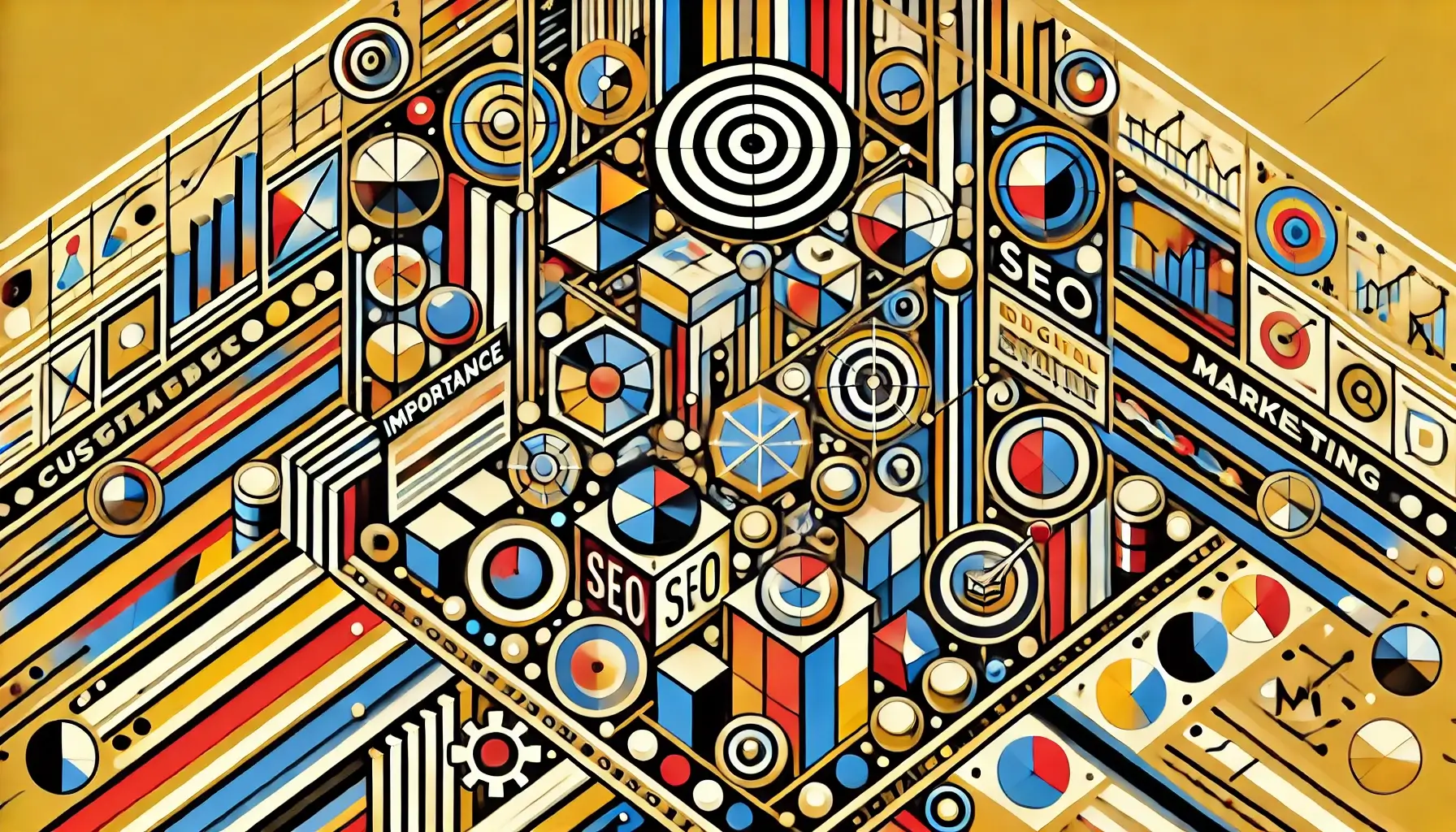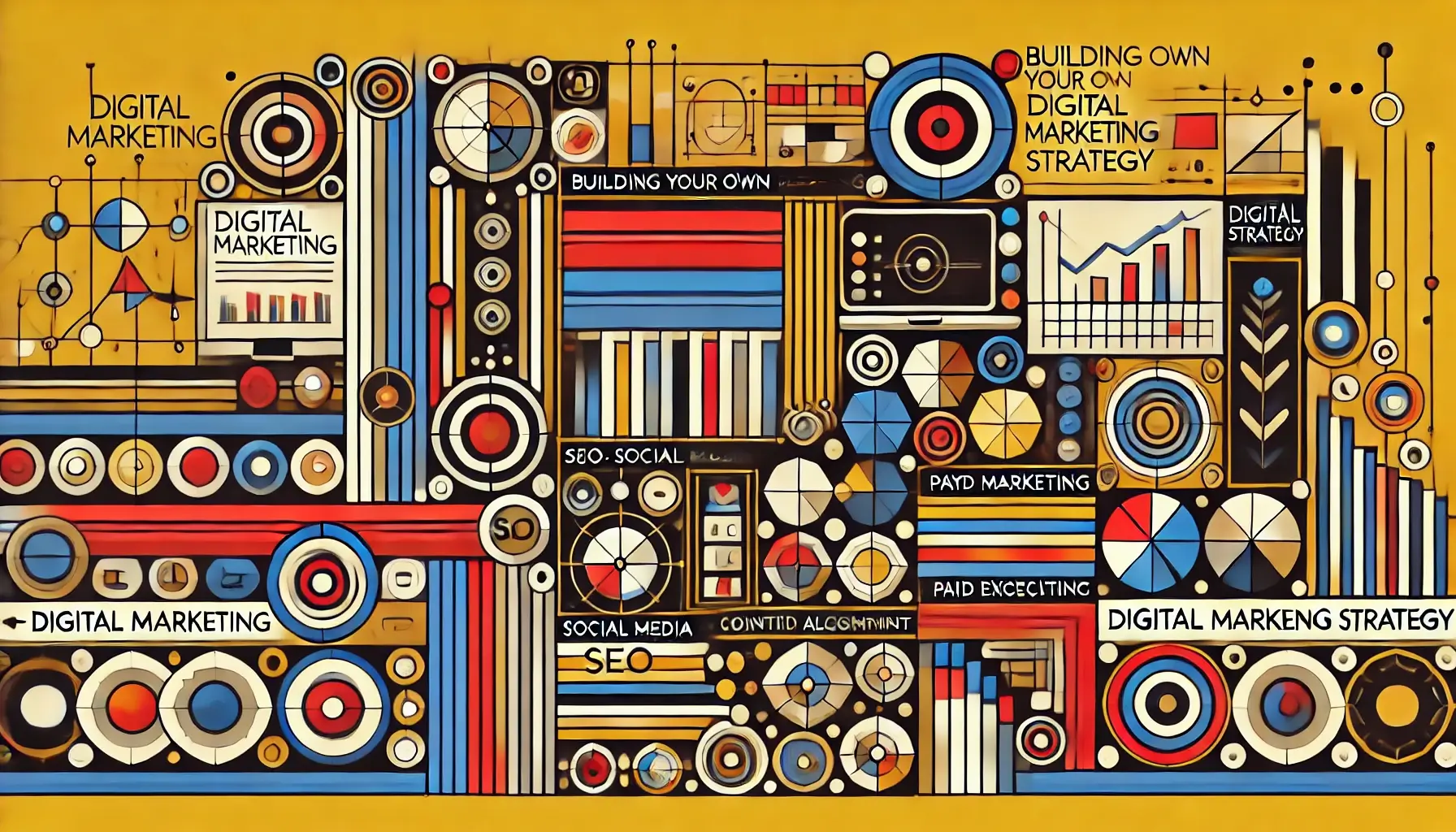
A holistic digital marketing strategy is an approach that treats all marketing activities as connected parts of a larger plan, providing a seamless and consistent experience for your audience across every interaction.
Think of it like a symphony – each instrument (marketing channel) plays its part, but it’s the harmony of all instruments together that creates beautiful music (an effective marketing strategy).
Read more: Top 10 All-In-One Marketing Platforms for 2025 | CRM & Automation Tools
Traditional digital marketing often treats each channel separately. A holistic approach, on the other hand:
 Why should you care about taking a holistic approach? Let’s look at the benefits and some real-world examples.
Why should you care about taking a holistic approach? Let’s look at the benefits and some real-world examples.
 Ready to create your own holistic strategy? Here’s how to get started.
Ready to create your own holistic strategy? Here’s how to get started.
 While the benefits are clear, there can be hurdles in implementing a holistic approach.
While the benefits are clear, there can be hurdles in implementing a holistic approach.
Remember, a holistic strategy is not a “set it and forget it” solution. It requires ongoing attention:
A holistic digital marketing strategy is more than just a buzzword – it’s a powerful approach to creating a cohesive, effective online presence.
By integrating all your digital marketing efforts, you can create a seamless customer experience, gain deeper insights, and achieve better results.
Remember, the key to a successful holistic digital marketing strategy is to always keep your customer at the center.
By understanding their needs and providing value at every touchpoint, you’ll be well on your way to digital marketing success.